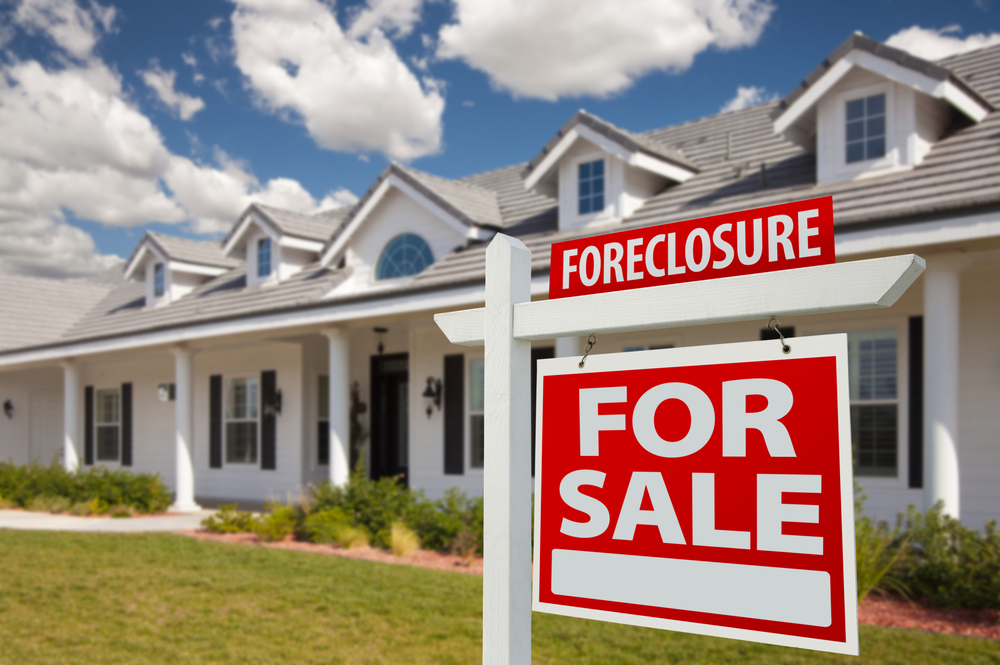Understanding Tax Levies and Their Impact on You
- Jul 01, 2022
 When you fall behind on your taxes, you might find yourself facing any number of actions from the IRS. Among the possible repercussions you could face for delinquent tax debt are tax levies. What are tax levies? How do they differ from tax liens? And, most importantly, how will they impact you? Keep reading to find out more about tax levies, and if you’re facing tax levies and other collection actions from the IRS for unpaid taxes, contact us for assistance.
When you fall behind on your taxes, you might find yourself facing any number of actions from the IRS. Among the possible repercussions you could face for delinquent tax debt are tax levies. What are tax levies? How do they differ from tax liens? And, most importantly, how will they impact you? Keep reading to find out more about tax levies, and if you’re facing tax levies and other collection actions from the IRS for unpaid taxes, contact us for assistance.
What Is a Tax Levy?
First, let’s clearly define what a tax levy is. To put it in as simple terms as possible, a tax levy is the legal seizure of your property in order to settle a tax debt. Now, you might think, “The IRS has already place a tax lien on my property. Isn’t that the same thing?” While they are connected, tax levies and tax liens are actually different steps in the tax collection process.
A tax lien usually precedes a tax levy. It is, in essence, the IRS placing a claim to your property so that, should you attempt to sell it, proceeds would go towards paying off your tax debt first. This is a way for the IRS to place more pressure on a debtor to take action and settle their tax debt. If a tax lien remains unsettled, a tax levy would be the next action taken against the property, and would allow the IRS to actively seize the property. So, in essence a tax lien is a warning that a levy may be headed your way.
How Does It Work?
The exact way that a tax levy works depends on what property is being levied. Note that, in the IRS’s terms, “property” does not necessarily refer to real estate or physical possessions; it can also refer to your income and existing funds. So, with this understanding in mind, here are the four different types of levies that they IRS may call on to collect on what you owe. They may use one, or a combination of multiple levies to forcibly collect on your tax debt:
- Reduced tax refund – This is the mildest form of levy, but it can still place financial strain on families that are relying on a tax refund to pay their bills. If you qualify for a refund, the IRS will claim what they are owed from that refund rather than sending it to you. If your refund is higher than your debt, you’ll receive the remainder. If the opposite is true, the refund will be applied to what you owe, and you will still owe whatever debt is left unpaid.
- Wage garnishment – This is another form of tax levy that is often placed against debtors’ funds, rather than physical property. If you owe taxes, the IRS can garnish your wages to ensure that they’re paid. This requires your employer to hold back a certain amount of each paycheck until your tax debt is paid. There are some limits to how much the IRS can garnish from your paychecks; they must allow you to receive enough monthly income to meet your needs. However, the garnishment will remain in place until the debt is paid or a settlement plan is put in place.
- Bank levy – Bank levies, as the name implies, are placed against your bank account and existing funds. The IRS will directly contact your bank and tell them to place a hold on your available funds, essentially freezing your bank account. Your account will remain frozen for 21 days, during which time you can work out a settlement option with the IRS. If you don’t, the amount you owe will be sent to the IRS directly from your bank account. There are no limits to the amount the IRS can levy from your bank, so it is possible for them to completely drain your account. However, certain types of funds, like Social Security and child support, are protected.
- Property seizure – This is likely the type of tax levy people think of when the topic is mentioned. With this type of levy, assets like cars, boats, recreational vehicles, investment properties, and even your own home can be seized, sold, and the profits applied to your tax debt. While this is obviously a frightening prospect, it’s worth noting that this step is rarely used, and typically reserved for the most serious cases, like tax fraud.
Stopping Tax Levies
If you have a tax lien on your property already, it’s important to take action to stop a tax levy before it’s put in place. Contact The IRS Advocates for assistance in setting up an IRS payment plan. Once you have a payment plan in place, collection actions will cease, so long as you make your payments. Call now to stop a levy before your property is seized.
STOP THE IRS!
Settle for less & Protect your assets
Never Call the IRS without Speaking with our Pros First!